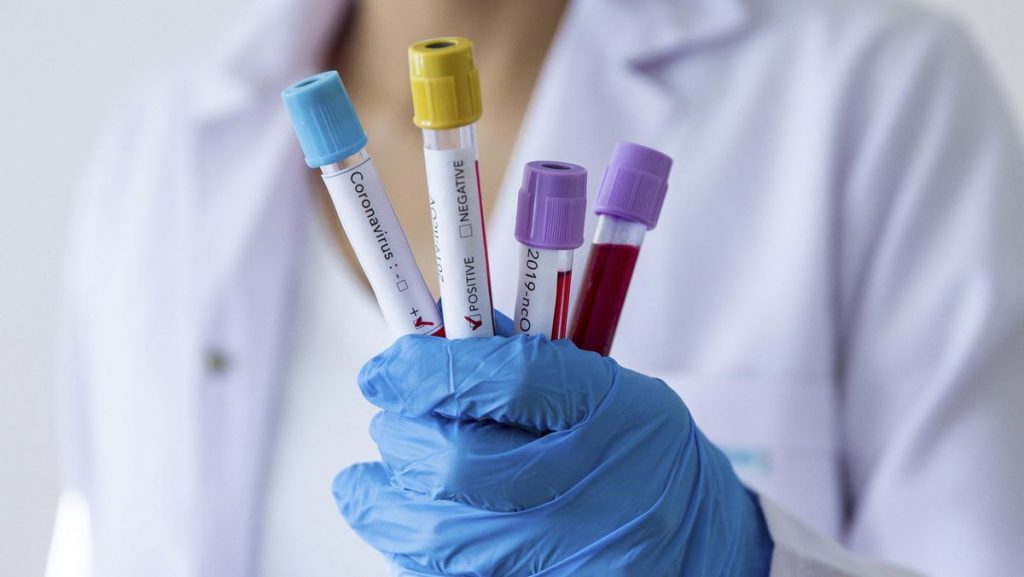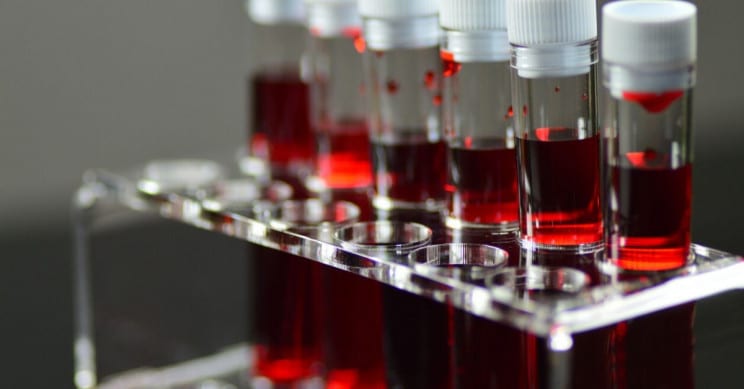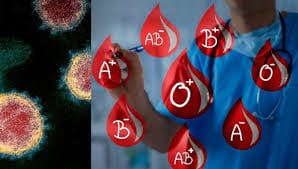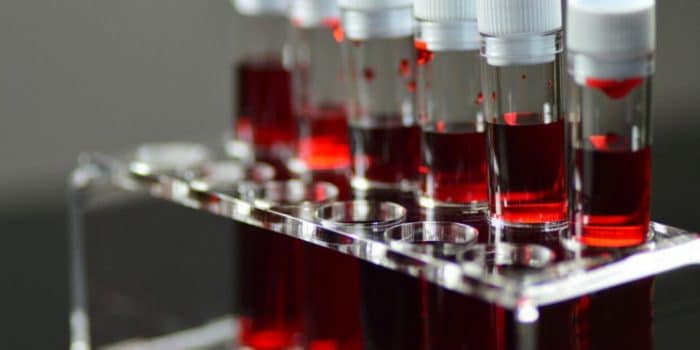A study was recently conducted by the genetic testing company known as 23andMe. The study involved 750,000 people and it has determined that people with the blood type O are 20% less likely to catch the COVID-19 as opposed to those with other types of blood.

People with type O blood were between 9 and 18% less likely to test positive for the coronavirus. People with blood Type O who had been exposed to the COVID-19 were between 13% and 26% less likely to contract the virus.
The team of researchers at 23andME concluded that there must exist a link between the ABO gene that determines the blood type of a person and the COVID-19 virus. That brings us to the question of which blood type are you and how many types of blood there actually are?

There are four primary blood types; A, B, AB, and O. The surface of the red blood cells has a substance that is known as antigens and any person can have A-antigens, B-antigens, both or neither. If a person has A antigen, their blood type is said to be Type A. If they have the B antigen, their blood type becomes Type B. The blood type is Type AB if they have both antigens and Type O if they have no antigens. Furthermore, there’s a protein that is present on the red blood cells known as the Rhesus (Rh) factor.
The person’s blood type is deemed Rh-positive if they have Rh protein on their red blood cells and Rh-negative if they do not have it on their red blood cells. This leads to a total of eight possible blood types. The blood type chart below shows the percentage of Americans with each blood type;
- O positive – 37.4%
- O negative 6.6%
- A positive 35.7%
- A negative 6.3%
- B positive 8.5%
- B negative 1.5%
- AB positive 3.4%
- AB negative 0.6%

You can find out your blood type by the following four ways;
- Call your doctor
- Donate blood
- Use an at-home kit
- Use a telemedicine service


